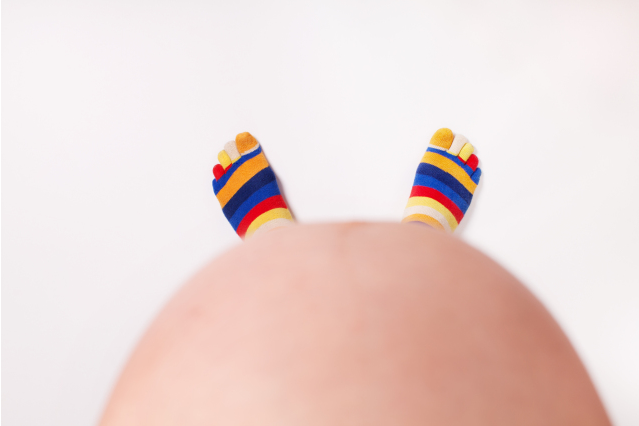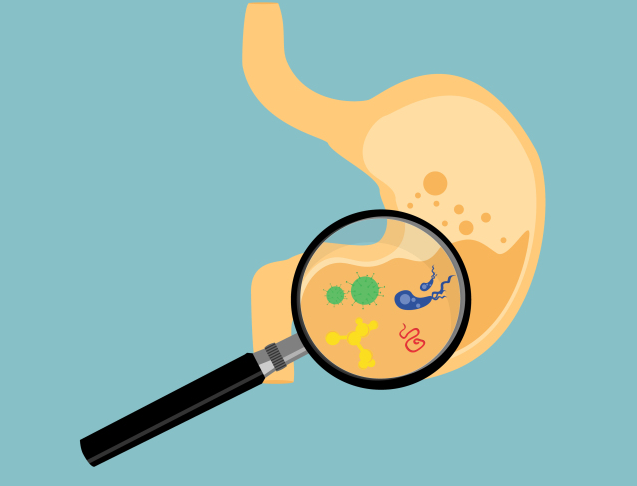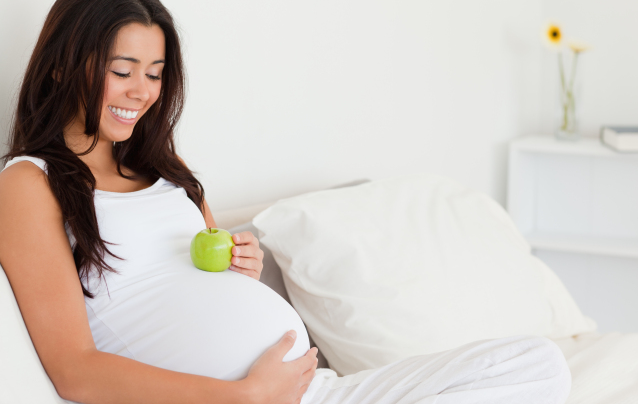
Mothers-to-be Should be Nourished in Winter

As sashimi that raises many concerns may contain parasites, escherichia coli, salmonella, etc. that may cause potential safety hazards for mothers-to-be and their babies, it should be avoided. Furthermore, it is also so important to prevent food poisoning that mothers-to-be need to choose restaurants with health and safety guaranteed. When eating at home, pay attention to the sanitation and hygiene of the foods and cooking utensils.


Answer: It is not recommended to use drugs to replace food. Vitamin tablets are generally used to supplement deficiencies. Prenatal vitamins can be taken to supplement nutrients that cannot be obtained via food, but not as the primary source of nutrition. Fruit is rich in not only vitamins but also cellulose, which helps to promote peristalsis and hence can relieve symptoms of constipation during pregnancy.
Question: Fish and meat are unavoidable given that various holidays are imminent. Is there any precaution?
Answer: Excessive fat ingestion leads to fast growth of weight, not only making it difficult to maintain body shape, but also resulting in macrosomia easily, hence affecting the success rate of vaginal delivery. Hold to a balanced diet. While ensuring the quality of food, increase the varieties of foods. Have many meals but little food at each, which is believed more conducive to health.
Another concern is that mothers-to-be today are mostly over-fed with over-calories and few are undernourished. Mothers-to-be need not to worry what they should avoid consuming or what they should consume less of will affect the infant development.

Copyright United Family Healthcare 2018 All right reserved ICP 京ICP备13017554号-4




